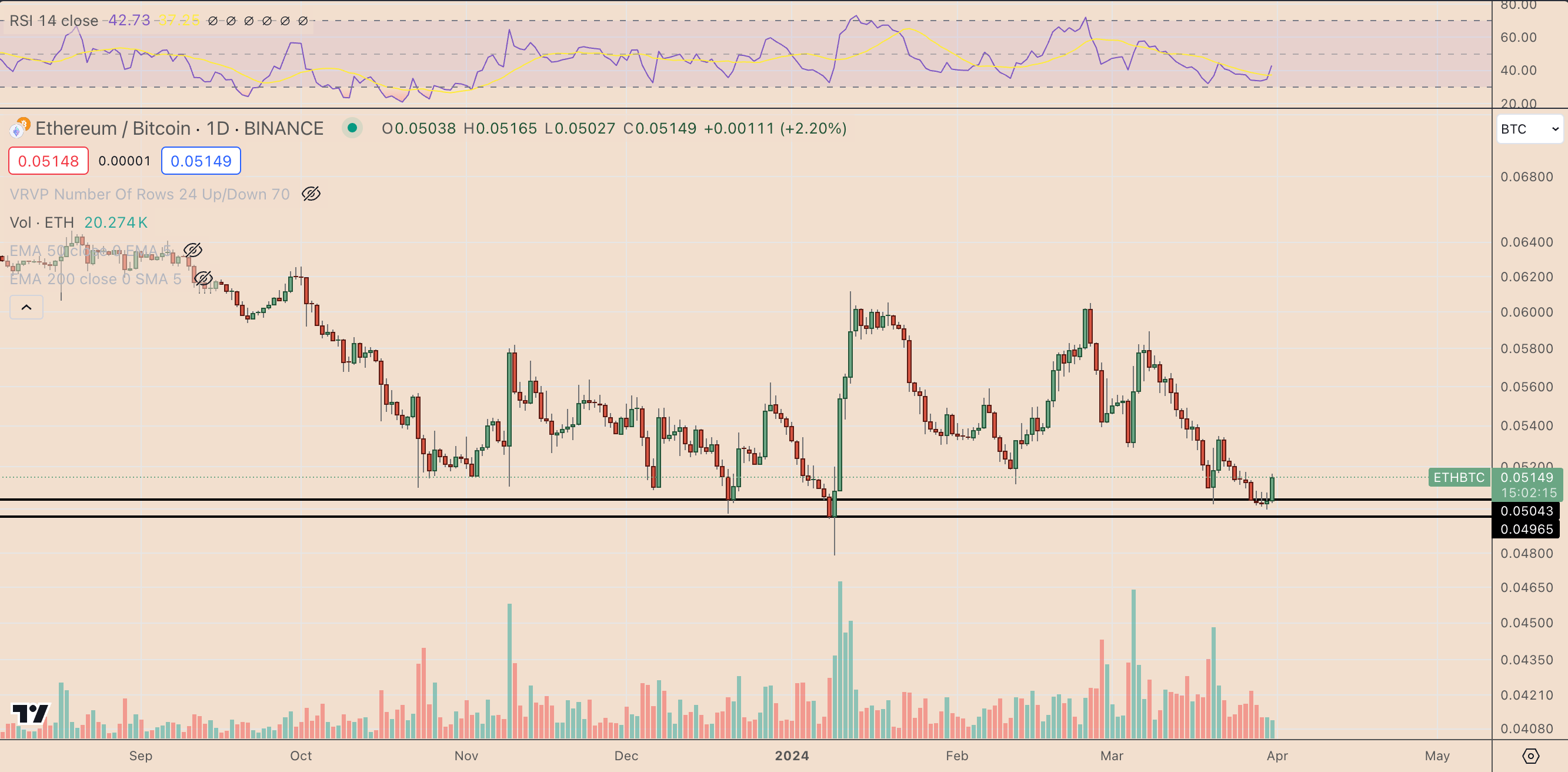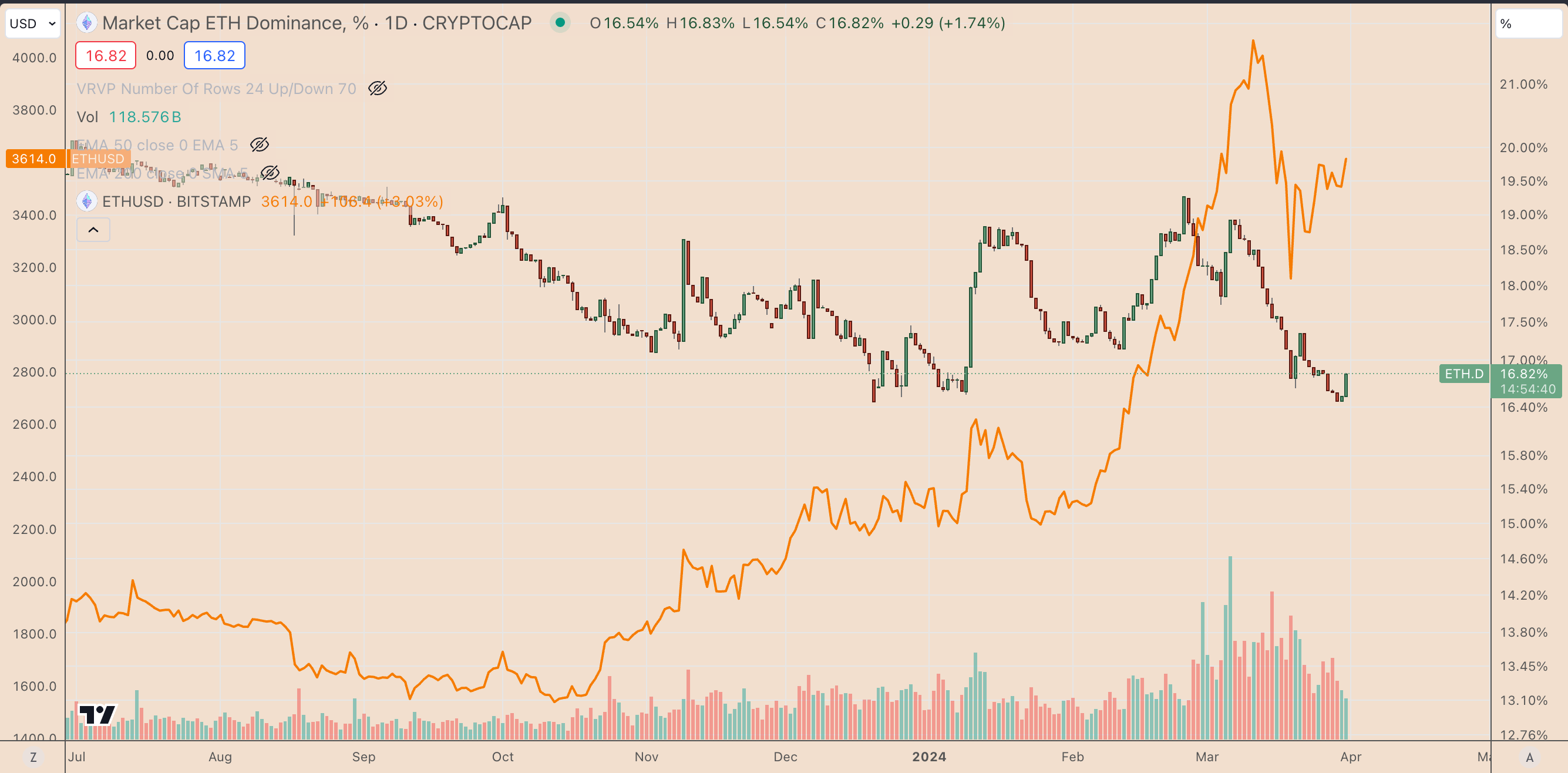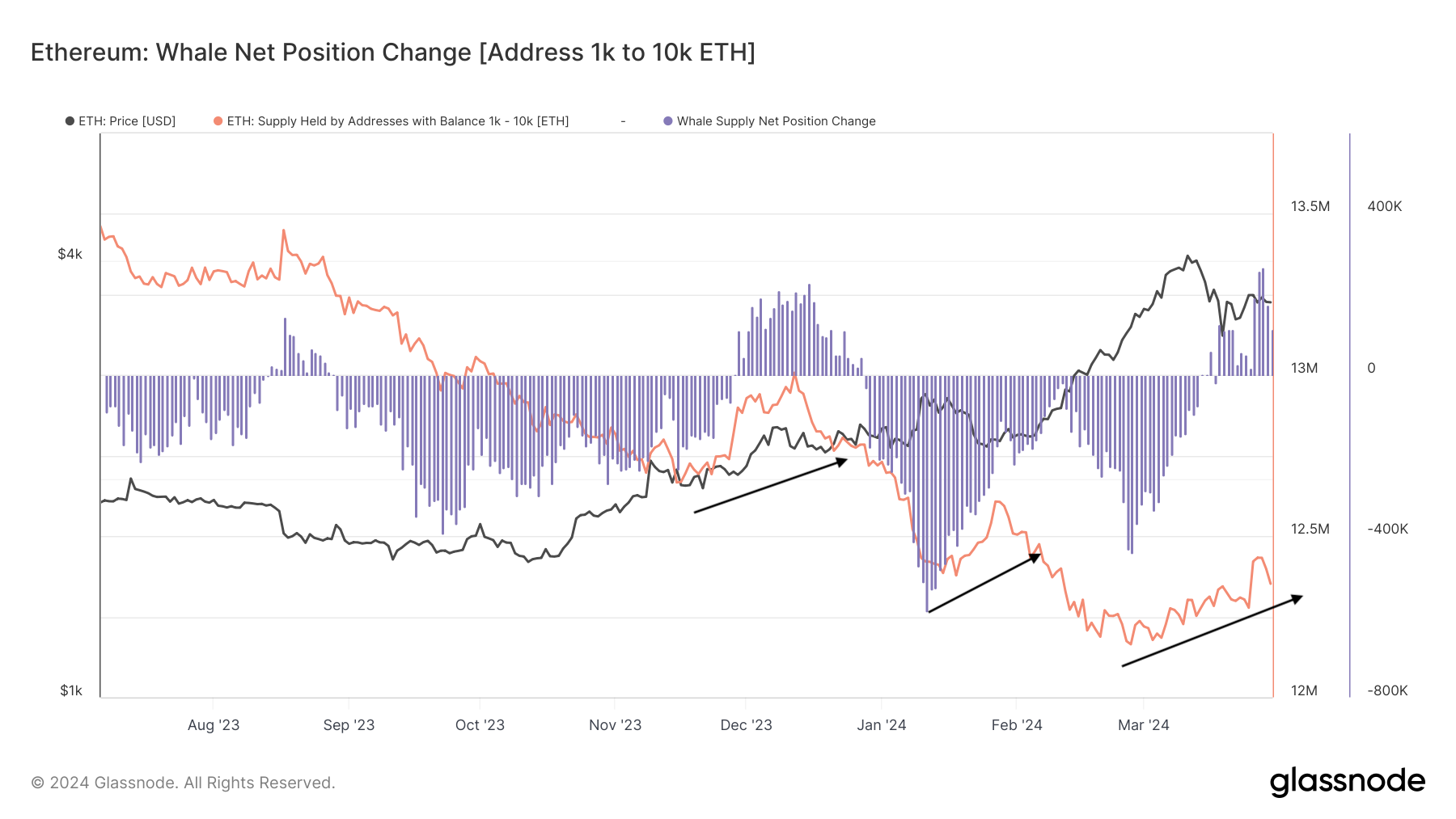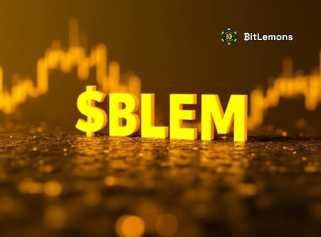You can also read this news on COINTURK NEWS: Ethereum Price Surge: Analyzing the Underlying Factors
Ethereum‘s price began to climb today, surpassing $3,630 with a 3.5% increase since March 31. The price of Ethereum has risen by 18.75% from the local low of around $3,050 set just over a week ago. So, what are the factors supporting Ethereum’s price increase in recent days? Let’s take a look.
Why Is Ethereum Rising?
Ethereum’s ongoing rise against the US dollar coincides with equally strong gains against Bitcoin. The widely followed ETH/BTC pair gained approximately 2.5% in value on March 31, reaching 0.051 BTC, indicating a possible short-term capital rotation.

Moreover, Ethereum’s performance against the broader cryptocurrency market has significantly improved in the last 48 hours, as highlighted by a 2.16% increase in the Ethereum Dominance Index (ETH.D) from its lowest level on March 29.

This trend underscores a growing capital inflow from rival altcoin projects into the Ethereum market, bolstering Ethereum’s value in dollars. The recent gains in Ethereum occurred prior to an accumulation period among the wealthiest investors, also known as whales.
According to blockchain data analytics platform Glassnode, organizations holding between 1,000 and 10,000 Ethereum increased their reserves by approximately 1.15% in March. Interestingly, this accumulation pattern often precedes significant price increases in the ETH/USD pair, as witnessed today.

Ethereum in the Futures Market
Ethereum’s price increase today coincided with a sharp rise in funding rates in the futures market. Notably, as of March 31, the funding rate for Dogecoin futures contracts reached its highest level since March 12, at 0.0591% every eight hours or 1.24% weekly, indicating an increased cost of holding long positions.

At the same time, Ethereum’s open interest, or the total number of outstanding futures contracts, stabilized around $14 billion after reaching an all-time high three days prior.

The rising funding rates, along with the stabilized open interest, suggest that investors are borrowing more to finance their long positions, expecting the asset’s price to rise and hoping to increase their returns.


 BlockchainReporter
BlockchainReporter DogeHome
DogeHome CFN
CFN Optimisus
Optimisus CryptoNewsLand
CryptoNewsLand Crypto News Land
Crypto News Land TheNewsCrypto
TheNewsCrypto IT Times
IT Times






















